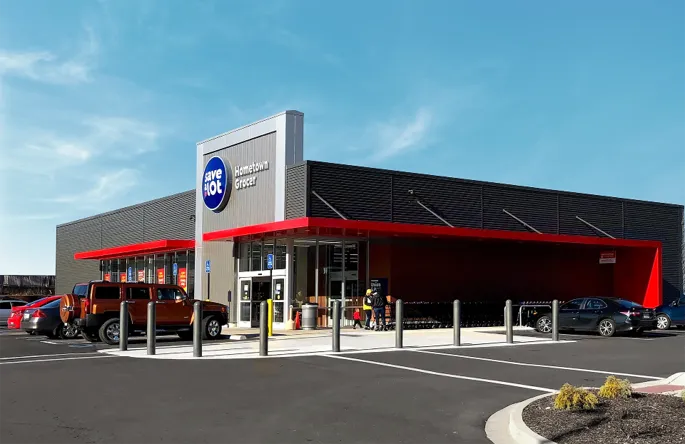Shrink is a problem that’s as old as retailing, and it’s actually a number of separate issues — theft by customers (shoplifting), theft by employees, vendor fraud, operational errors and things like damage, waste and spoilage.
But, as has been noted previously on this page, the shoplifting problem has increased dramatically in recent years, driven by the rise of organized retail crime (ORC), which typically involves criminal enterprises that employ thieves to steal large quantities of merchandise from lots of stores, and then sell those products via online auction sites, at flea markets and even to other retailers.
Such enterprises have becoming increasingly brazen, and retailers have been warning that consumers will be the ultimate victims, as companies respond to increased losses by raising prices or closing stores.
Consumers are already paying a price in the form of greater inconvenience, as retailers lock up whole categories of products behind plastic barriers designed to thwart shoplifters. The approach is understandable, but it makes the shopping experience more frustrating and time consuming.
There is no easy solution to the problem of ORC, which helped drive retail shrink to $94.5 billion in 2021. That is up from $90.8 billion in 2020, according to a report from the National Retail Federation, which found that retailers saw an average 26.5% increase in ORC incidents in over the previous year, and added that retailers also reported an increase in violence and aggression associated with such incidents.
But retailers say they have won a major victory in their fight against ORC with the passage of the INFORM Consumers Act, which became law last month as part of the Fiscal Year 2023 Omnibus Appropriations Bill.
The legislation establishes a national standard, enforced by the Federal Trade Commission and state Attorneys General, that will help safeguard online consumers from illicit products and fraud by promoting the transparency and accountability of “high-volume third-party” sellers in online marketplaces.
“We salute Congress for their active role in prioritizing consumer health and safety,” National Association of Chain Drug Stores president and chief executive officer Steve Anderson said of the news. “Organized retail crime is a serious problem for NACDS members and their team members, for customers and for communities nationwide. Inclusion of this bipartisan legislation in the omnibus bill is important progress toward a solution. NACDS looks forward to continuing work with the 118th Congress on this issue, as well as on other key priorities that directly impact patients and consumers and the pharmacies that serve them.”
Retail Industry Leaders Association president Brian Dodge also applauded the bill’s passage, calling it the result of three years of collaboration and commitment from industry groups.
“Our work battling organized retail crime is far from over,” Dodge said, “but this is a huge step forward in protecting consumers, retail workers and all the communities who have felt its impact.”






